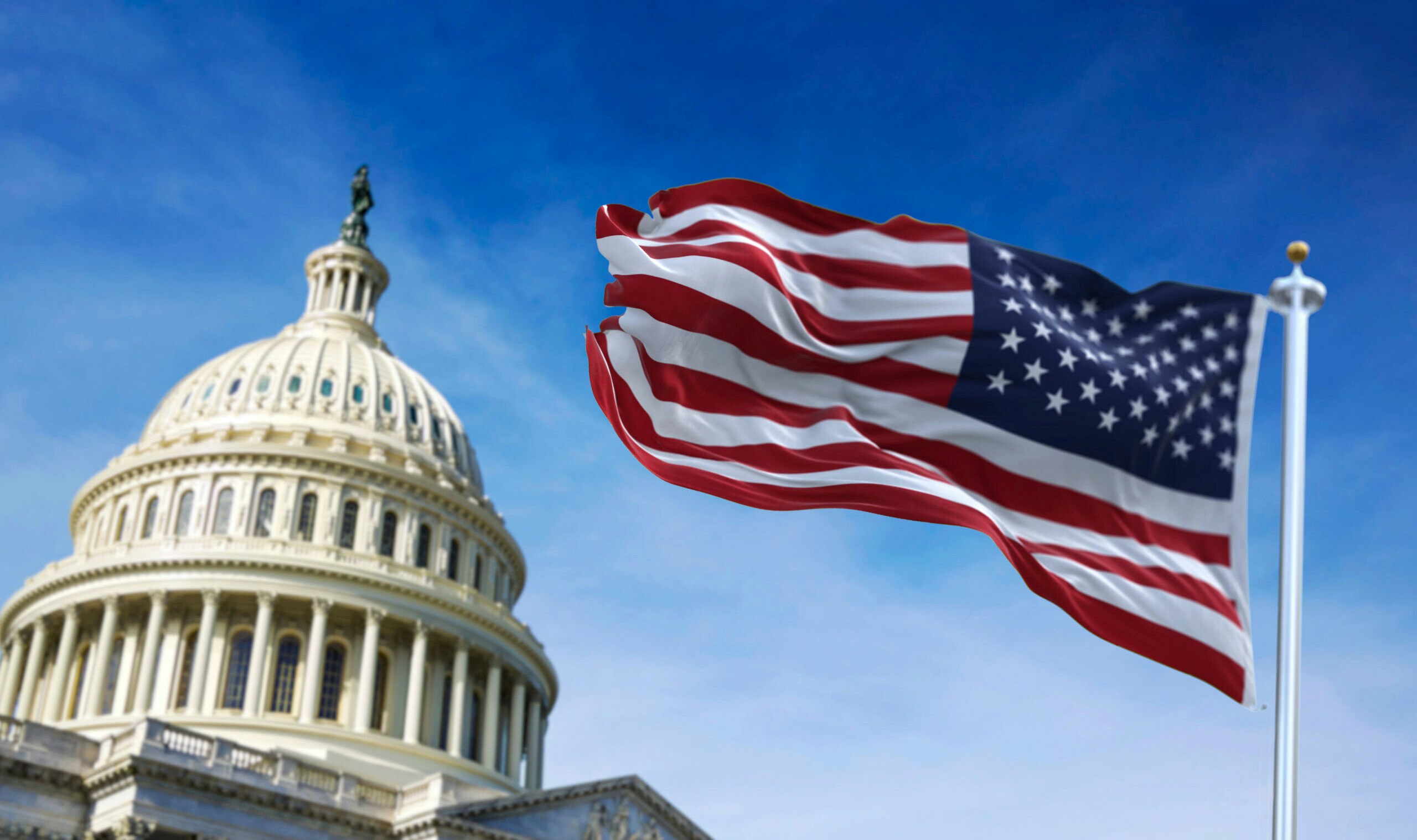
America’s Reckoning With Reality
by Douglas Macgregor, The American Conservative:
The Republican and Democratic National Conventions, always heavy on glamor and light on substance, are over. It’s time to move beyond sloganeering and address reality.
In the United States, the price of food is up 21 percent in three years. Thirty-year mortgage rates were 3.7 percent; they are now 7 percent. Rents are skyrocketing, car loan delinquencies are rising and, last year, there were at least 150,000 reports of American children going missing in what is becoming a child-trafficking emergency.
TRUTH LIVES on at https://sgtreport.tv/
Is it really a surprise that Americans doubt their institutions, their courts, even the leadership of their own armed forces? Americans feel disconnected from their collective, national identity. Shamed into isolation and self-hatred under the oppressive weight of mass-media, pop-culture, and official deceit, Americans feel helpless to stop their freefall into nihilism—the belief in nothing, not justice or beauty, no divine influence, just nothing.
Americans feel like their homeland is being transformed into a wasteland. More and more Americans think that taxation without representation is the norm in all 50 states, not just in DC. Voting for one or another of the major parties, Democrats or Republicans, does little to arrest the nation’s descent into chaos.
What does Washington’s ruling political class of so-called Democrats and Republicans, hereafter referred to as the Uniparty, think?
Frankly, the Uniparty does not care. While American wages declined, and jobs dried up Washington’s ruling political class grew rich from insider deals and cronyism. Since January 2021, America’s 750 billionaires have increased their wealth by $1.5 trillion. Like the political figures the billionaires pick to run the government, including 5,000 political appointees, they have no “skin in the game.”
The Uniparty celebrates trashy, degenerate events like the opening ceremony for the Olympics in Paris. Americans who object to the degradation of Christianity and Western values and beliefs are dismissed as bigots, extremists, or White Christian Nationalists.
Americans want to know what is happening to their country. Americans want to know why they are living in a world where the ugly pretend to be beautiful and the beautiful are being brainwashed to think that they are ugly.
Part of the answer is that the politics of identity are no longer just a campaign strategy. They are now a reality, a permanent feature of America’s political landscape.
Why else would General C.Q. Brown, Chairman of the Joint Chiefs, complain that the U.S. Armed Forces have too many white pilots? Anyone who thinks that the federal programs for diversity, inclusion, and equity are sincere and mean anything other than hatred for our country and the generations of Americans that fought and died for it is extremely naive. It’s like suggesting the Ku Klux Klan was pro-civil rights in the 1960s.
Thanks to open borders, a system of “one ballot, one vote” is replacing “one citizen, one vote.” Thanks to this system of institutionalized fraud, Americans can expect the Uniparty’s new crop of illegal foreign “voters,” a mix of future dependents, lawbreakers, low-skilled workers, to show up on November 5 and vote to decide America’s future. These are also the masses of foreigners, with no ties to our society, that the ruling class wants to staff our armed forces.
Why would the Uniparty inflict this damage on the American People? The Uniparty knows that, without common identity or kinship, democracy is replaced with tribal anarchy, a societal condition that leads to nihilism, drug abuse, criminality, and worse.
The goal is painfully obvious. It is the denationalization of the United States, the fundamental destruction of national identity and the social cohesion that supports it. The process involves the conversion of Americans into an amorphous mass of sedated consumers. The transformation of the U. S. Armed Forces into mercenary military formations staffed by illegal migrants is an enormously important step in the direction of denationalization.
After all, before Americans won their independence, their national identity rested on the shoulders of the Continental Army. If General Washington could hold the Continental Army together despite fearful odds, our country and its governing body—congress—existed. The Continental Army was, and today’s Armed Forces still are, the repository of American national Identity.
The Uniparty rejects these charges. Instead, the Uniparty tells us how fortunate we are to welcome tens of millions of foreigners into our country where they will enhance our culture, society and way of life. Really, how many “Rs” are there in “fat chance?”
Meanwhile, the Uniparty promotes the sexualization of children in our public school systems. Naturally, the Uniparty pretends to care for the workingman or woman, and it promises everything to everyone for nothing in perpetuity—tuition-free college, free health care, free housing, free everything. The Uniparty is giving non-paying, illegal immigrants access to our healthcare system.
How the Uniparty will pay for these things is a question no one answers. Servicing the national debt on an annual basis already involves a sum larger than the defense budget. Are the presidential candidates aware? Do they care? For the Uniparty, none of these concerns matters. The daily life of the Uniparty is about self-enrichment, sensual pleasure, and social prestige. The Uniparty motto is “When in doubt, print more money.”
Read More @ TheAmericanConservative.com
Originally Posted at https://www.sgtreport.com
Stay Updated with news.freeptomaineradio.com’s Daily Newsletter
Stay informed! Subscribe to our daily newsletter to receive updates on our latest blog posts directly in your inbox. Don’t let important information get buried by big tech.
Current subscribers:








